Since the establishment of a New World Order after the Second World War, the global community has been defined by certain characteristics – free markets, liberal norms of democracy and human rights and the rise of multilateral institutions such as the World Bank and United Nations.
The crumbling of the Berlin Wall in 1989 signaled the primacy of the liberal order, underpinned by the security blanket of the United States.
China, an outlier to the entire world community due to its eccentric governance structures and a totalitarian regime, initially did not, or could not become part of this order.
Its unwillingness to subscribe to basic norms of human rights, free speech and democratic principles ensured that the fruits of capitalism and democracy never reached its people till the early 2000s.
Only the apparatchiks’ coffers became swollen with money and genocidal experiments such as the ‘Great Leap Forward’ and ‘Cultural Revolution’ led to crippling famines and cementing of the personality cult.
Add to this, the repression of Tibetans and Uyghurs in Tibet and Xinjiang respectively, and China became the perfect example of a failed country.
The global financial crisis of 2008, ensured China’s ascendancy and, with its rise, it started to champion a series of ideologies, with ‘Chinese characteristics’.
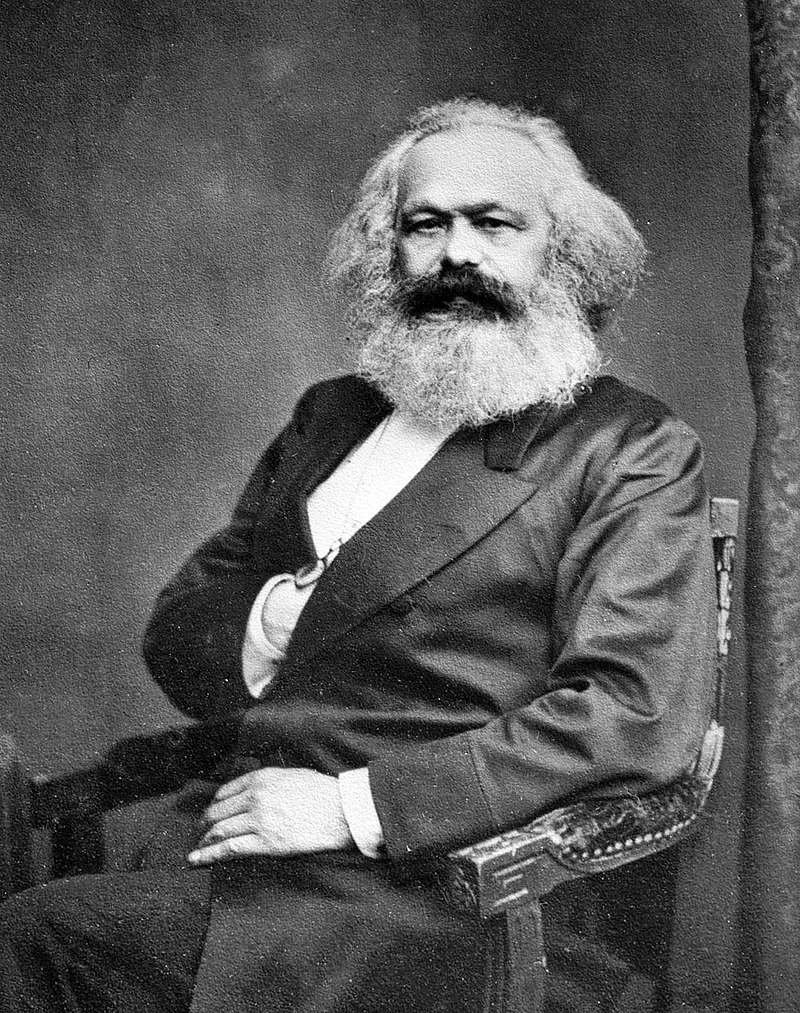
The Chinese Communist Party has perfected the art of Marxist dialectics and twisted it to suit its own aims.
Every ‘thesis’ or liberal ideology is suffixed with ‘with Chinese characteristics’ to give rise to its ‘antithesis’, its exact opposite.
In simple terms, as soon as ‘Chinese characteristics’ is added, the intent of the original term is inverted but continues to be used by China as an exception due to the apparent uniqueness of the Chinese way, giving China adequate wiggle room to demonstrate the futility of the original idea.
It started with China’s embrace of capitalistic principles and the rise of state owned enterprises (SOEs) which it termed ‘socialism with Chinese characteristics’.
Coined by Deng Xiaoping to hide the Communist Party’s opportunism and wide divergence from Leninist-Marxist principles, it became the official party ideology during the 18th Central Committee of the party held in 2013.

This meant that China would participate in the world economy on a visibly equal keel but the entire force of the Chinese state will ensure China undercutting and outbidding all its competition.
There would be no reciprocal opening up of the Chinese market to companies from outside.
With the success of this arrangement, a number of ideologies and ideas, all with ‘Chinese characteristics’ started popping up.
There was the ‘Press conference with Chinese characteristics’ which then U.S. president Barack Obama experienced in 2009, when reporters were not allowed to ask any questions.
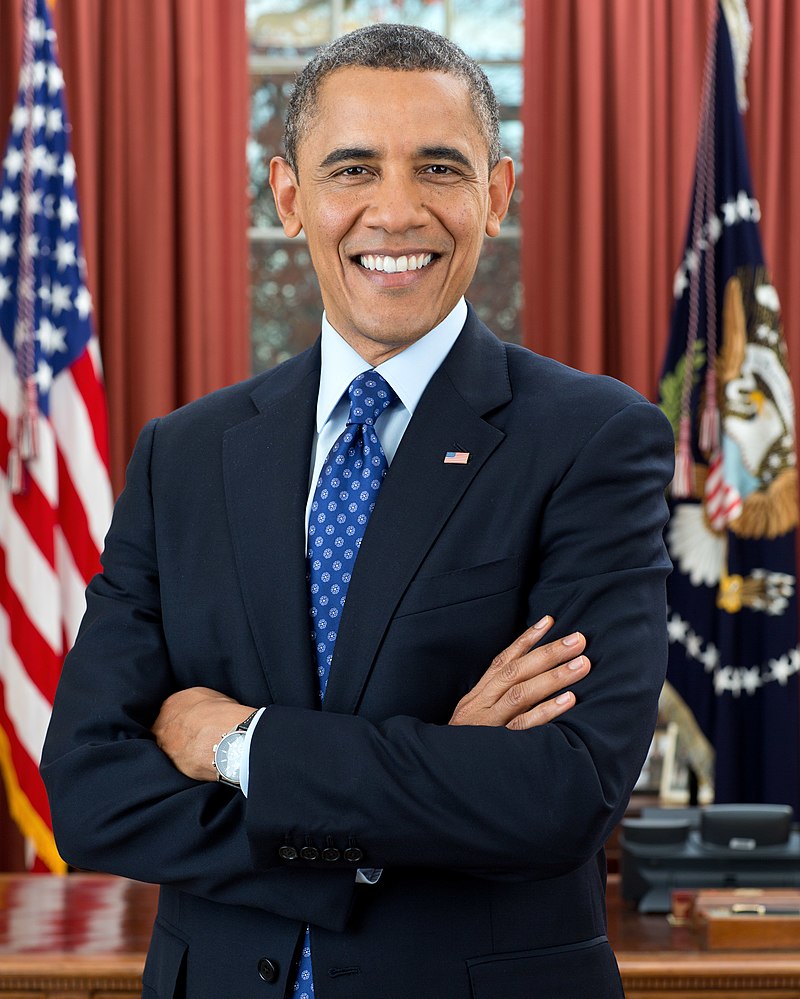
‘Major country diplomacy with Chinese characteristics’ as elucidated by Foreign Minister Wang Yi entails a number of things such as ‘salami slicing’– unilaterally declaring territories disputed and then constructing permanent features to present a fait accompli, ‘debt trapping’ – to over time inundate poor countries with unmanageable debts and then demand real estate on their behalf, and finally a ‘new brand of settler colonialism’, which is underway in Pakistan and Iran.
Large numbers of Chinese workers are being settled in Pakistan and this will also happen in the future in Iran under the guise of the Belt and Road Initiative.
Xi Jinping has taken this devious approach to the next level.
During the 19th Party Congress, he unveiled the “Xi Jinping Thought on Socialism with Chinese Characteristics for a New Era”, simply known as Xi Jinping Thought.
A 14 point program, it called for the complete subjugation of the Party and therefore the state to the persona of Xi Jinping, the party’s dominance over the People’s Liberation Army, and reunification of Macau, Hong Kong and Taiwan.
With the promulgation of the National Security Law in Hong Kong, the first shots have been fired in that direction.
In accordance with Xi Jinping Thought, ‘Universal Suffrage with Chinese characteristics’ was introduced in Hong Kong in 2014, which allowed the farce of democracy to take place on the island but with candidates selected by Beijing.
Another alarming area that concerns countries around the world is ‘Academics with Chinese characteristics’.
This is an extensive propaganda campaign which aims to change the nature of discourse about China using academic institutions and publications.
Chinese ‘scholars’ have inserted ‘historic claims’ about the South China Sea in publications in areas which do not have the slightest connection with the subject.
This is to build up documents that may be used later to buttress claims by China over the South China Sea.
Additionally, a number of PLA personnel have lied about their affiliations and gained entry into Ivy League universities, researching on sensitive technologies and taking them back to China.
The Chinese propaganda wing – i.e. the United Front Work Department keeps a detailed catalog of Chinese students in various Western countries through organisations such as the Chinese Scholars and Students Associations (CSSA) and ensures there are no discussions about human rights violations in Tibet and Xinjiang in college campuses.
Chinese perception of the world is based on an ancient Li ideology which places China at the centre and rest at its periphery.
As a result, its subversion of the existing principles of democracy, liberalism and human rights through adding “with Chinese characteristics” is just a reiteration of its centrality and the conviction that decency and respect for human life are just obstacles in the ascension of the Party and hence, the country.
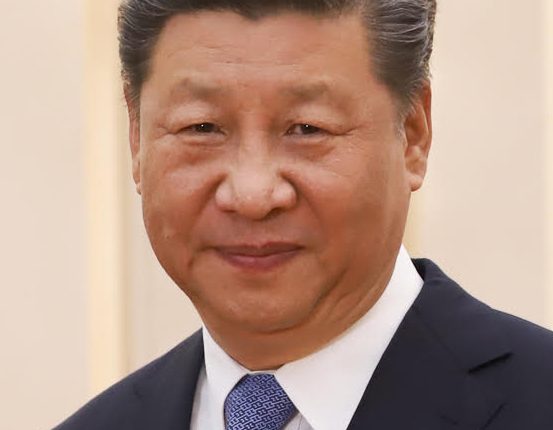

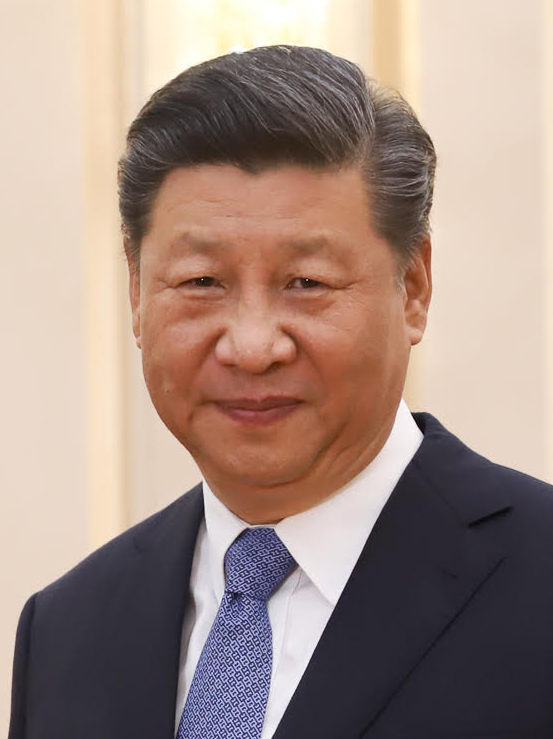







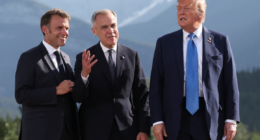
Comments are closed.